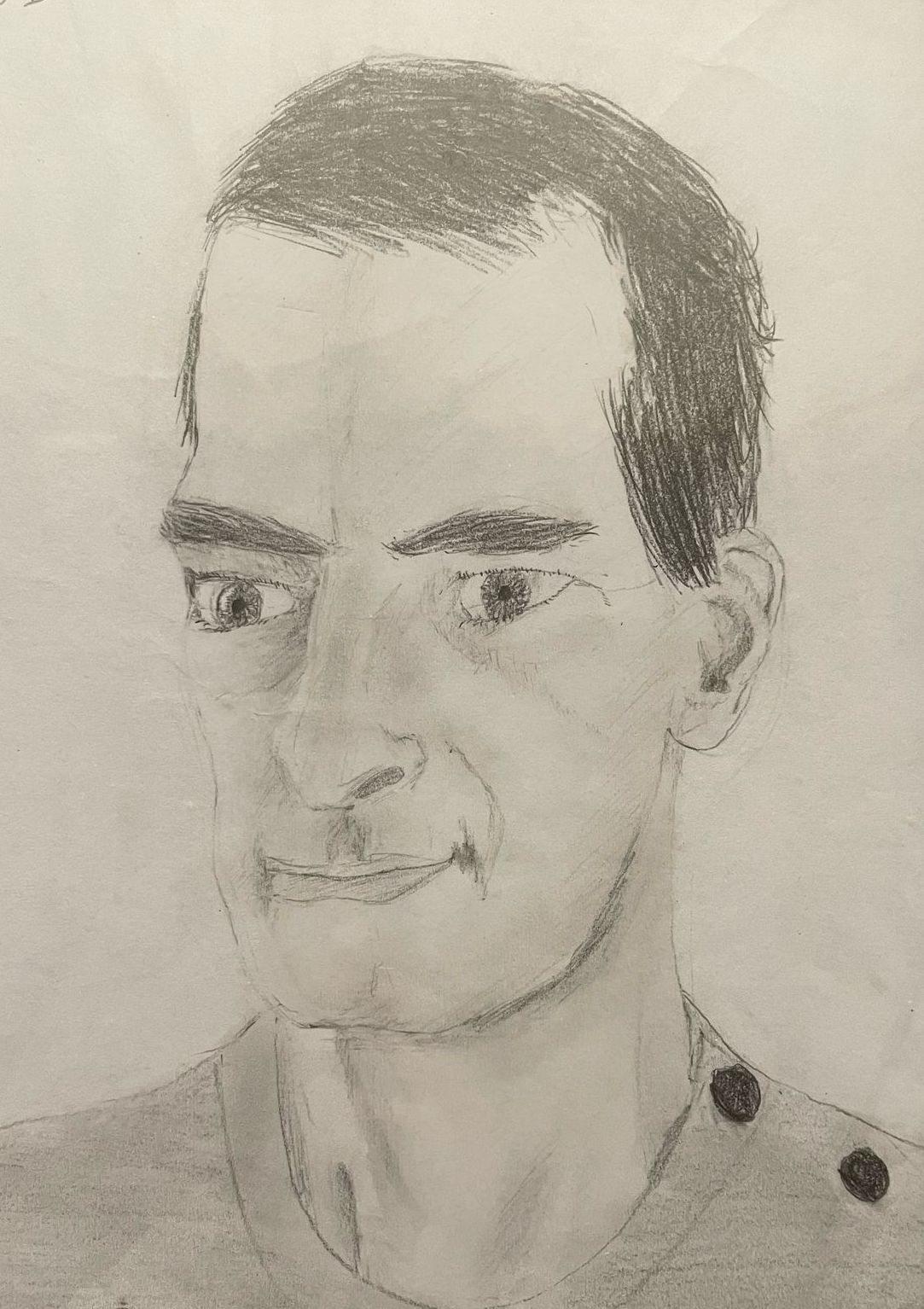 |
olivier godechot |
Introduction to sociology
Syllabus and compulsory readings -- Syllabus et lectures obligatoires
2024-2025
In addition to the readings that you will study for the discussion sessions (conférences de méthodes), each lecture (cours magistral) comes with a compulsory weekly reading that the professor will discuss interactively with the students in class. In addition, one of the questions of the midterm and final exams will relate to one of these readings.
4 September 2024. Lecture 1. What’s sociology?
No compulsory reading!
11 September 2024. Lecture 2. Integration and social regulation (1). The Durkheimian contribution
Lutter, Mark, Karlijn L.A. Roex, and Daria Tisch. 2020. “Anomie or imitation? The Werther effect of celebrity suicides on suicide rates in 34 OECD countries, 1960-2014.” Social science & medicine 246: 112755.
18 September 2024. Lecture 3. Integration and social regulation (2). From culture to interaction
Goffman, Erving. 1968 [1961]. “The Inpatient Phase”, Asylum. p. 146-169. Chicago: Aldine Publishing Company.
Français : Goffman, Erving. 1968 [1961]. “La phase hospitalière”, Asiles, Paris : Minuitp. 201-226.
25 September 2024. Lecture 4. Social class and inequality (1): Classical approaches
Marx, Karl and Friedrich Engels. 1888 [1847]. “Bourgeois and Proletarians”, Communist Manifesto, Marx/Engels Internet Archive (marxists.org).
Français : Marx, Karl et Friedrich Engels. 1888 [1847]. “Bourgeois et prolétaires”, Manifeste du Parti Communiste, Marx/Engels Internet Archive (marxists.org).
2 October 2024. Lecture 5. Social class and inequality (2): Contemporary approaches
Annie. Ernaux,Annie. 1990 [1974] Cleaned out, Elmwood Park: Dalkey Archive Press, p. 60-77.
Français : Ernaux,Annie. [1974]. Les Armoires Vides, Paris: Folio, p. 91-114.
9 October 2024. Lecture 6.Race and migration
Du Bois W. E. B. 2007 [1903]. “On the Dawn of Freedom”. The Souls of Black Folk, Oxford University Press, p. 15-32.
16 October 2024. Lecture 7.Education
Bourdieu, Pierre and Michel Passeron. 1979 [1964]. “Selecting the Elect”, The Inheritors, The University of Chicago Press, p. 1-27.
Français : Bourdieu, Pierre and Michel Passeron. 1964. “Le choix des élus”, Les héritiers. Les étudiants et la culture, Minuit, p. 10-44.
23 October 2024. Lecture 8. Space
Cousin, Bruno, and Sébastien Chauvin. 2013. “Islanders, immigrants and millionaires: The dynamics of upper-class segregation in St Barts, French West Indies.” in Ian Hay, 2013. Geographies of the super-rich, Edward Elgar Publishing, p. 186-200.
Français : Cousin, Bruno, and Sébastien Chauvin. 2012. “L’entre-soi élitaire à Saint-Barthélemy.” Ethnologie française, 42, 335-345. https://doi.org/10.3917/ethn.122.0335
[PS: La version anglaise est une version réduite et retravaillée de la version française]
6 November 2024. Lecture 9. Family
Moore, Mignon R. 2008. “Gendered Power Relations among Women: A Study of Household Decision Making in Black, Lesbian Step families”. American Sociological Review, 73(2), 335-356. https://doi.org/10.1177/000312240807300208
13 November 2024. Lecture 10. Religion
Weber, Max. 1965 [1922]. “The Prophet”, The Sociology of Religions.Methuen & Co Ltd, p. 46-60.
Français : Weber, Max. 2006 [1922]. “Le Prophète”, Sociologie de la religion, Flammarion, p. 152-173.
20 November 2024. Lecture 11. Capitalism
Pistor, Katharina. 2019. “Empire of Law”, Codes of capital, Princeton University Press, p. 1-22.
Français : Pistor, Katharina.2023 [2019]. “L’empire du droit”, Le Code du capital, Seuil, p. 11-38.
27 November 2024. Lecture 12. The State
Elias, Norbert. 1983 [1969]. “On the sociogenesis of the French Revolution”. The Court Society, Pantheon books, p. 268-275.
Français : Elias, Norbert. 2008 [1969]. “Conclusion. Aux origines de la Révolution”. La société de cour. Flammarion, Champs-Essais, p. 307-316.
LES COMMENTAIRES | COMMENTS

0 messages Ajouter un commentaire
Add a commentContacter le Webmestre
Contact the Webmaster
[Pas de commentaires pour le moment]
Garder le fil (rss) des commentaires


OgO: plus ici|more here
[Work in progress] Godechot, Olivier and Ulysse Lojkine. Intensification through outsourcing ...: plus ici|more here
[Presentations] 2025 Godechot, Olivier. 2025. “Economic separatism: Causes and consequences of the increase in top earner segregation”, Colloquium Series, Department ...: plus ici|more here
[Peer-reviewed articles] Godechot, Olivier, Mirna Safi, and Matthew Soener. 2025. “Organisational Intersectionality: Do Gender and Migration Status Inequalities Reinforce or Offset ...: plus ici|more here
[Books] Palier, Bruno et al.. 2023. Que sait-on du travail?, [What do we know about work?], Presses de Sciences ...: plus ici|more here
[Peer-reviewed articles] Godechot, Olivier, Donald Tomaskovic-Devey, István Boza, Lasse Folke Henriksen, Are Skeie Hermansen, Feng Hou, Jiwook Jung, Naomi Kodama, ...: plus ici|more here
[Working papers] Neumann, Nils, Olivier Godechot, Lasse Folke Henriksen, Are Skeie Hermansen, Feng Hou, Naomi Kodama, Zoltán Lippényi, Silvia Maja Melzer, ...: plus ici|more here
[Home] Work in progress: plus ici|more here
[Publications] Publications moved, , Follow the link : http://olivier.godechot.free.fr/hoprubrique.php?id_rub=125: plus ici|more here
HOP
A CMS